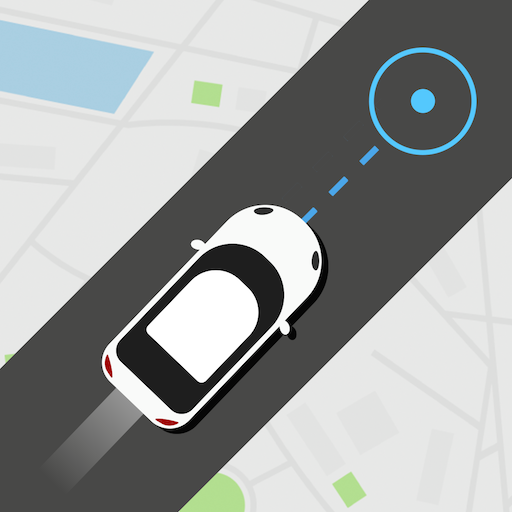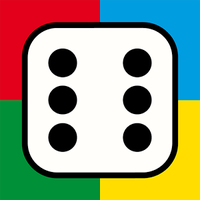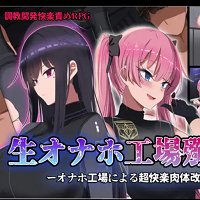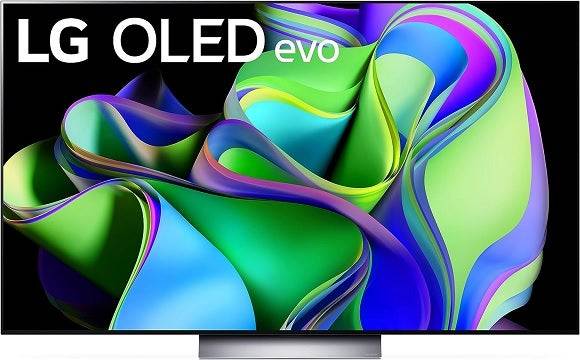Activision recently made headlines by launching advertisements for new projects based on its iconic franchises, including Guitar Hero, Crash Bandicoot, and Call of Duty. However, the buzz wasn't about the games themselves, but rather the revelation that the promotional materials were crafted using neural networks.
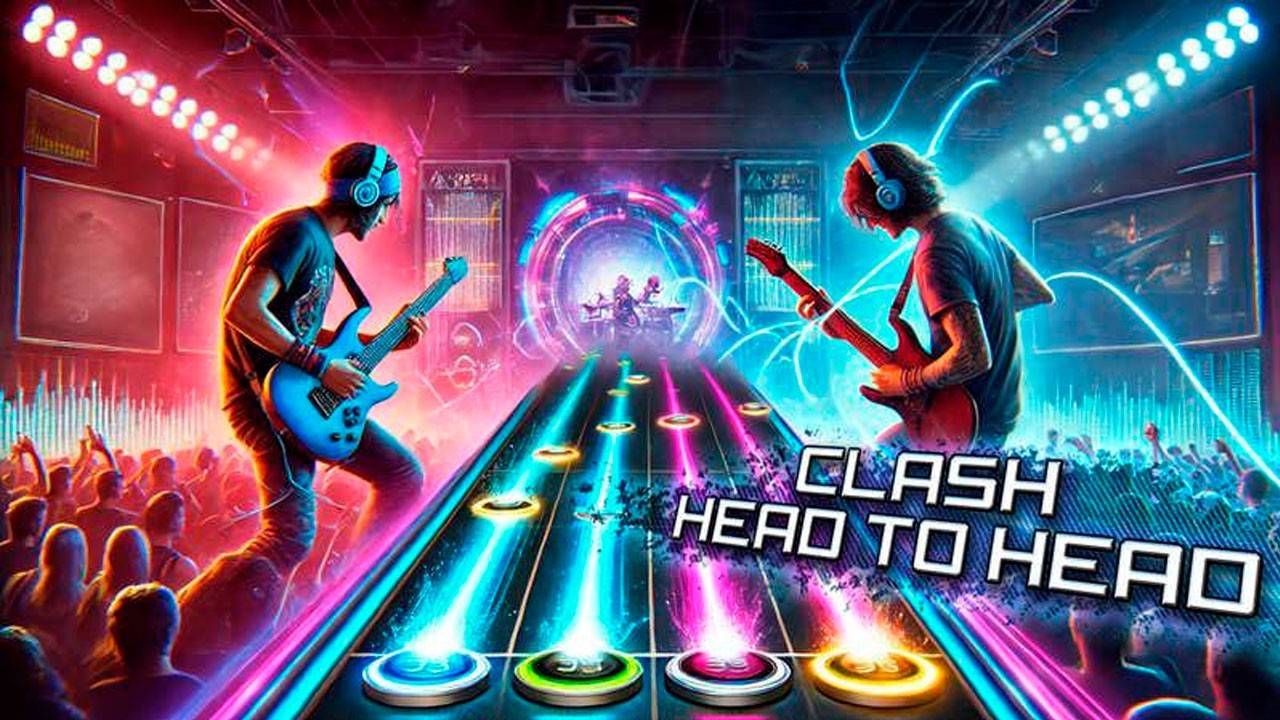 Image: apple.com
Image: apple.com
The initial advertisement surfaced on one of Activision’s social media platforms, promoting Guitar Hero Mobile and directing users to a pre-order page on the App Store. Fans quickly pointed out the bizarre, unnatural visuals, igniting a flurry of discussions. Subsequent reports revealed that other mobile titles from the company, such as Crash Bandicoot Brawl and Call of Duty Mobile, also utilized AI-generated art in their ads. Initially, many speculated that Activision's accounts had been compromised, but it was soon clarified as an unconventional marketing experiment.
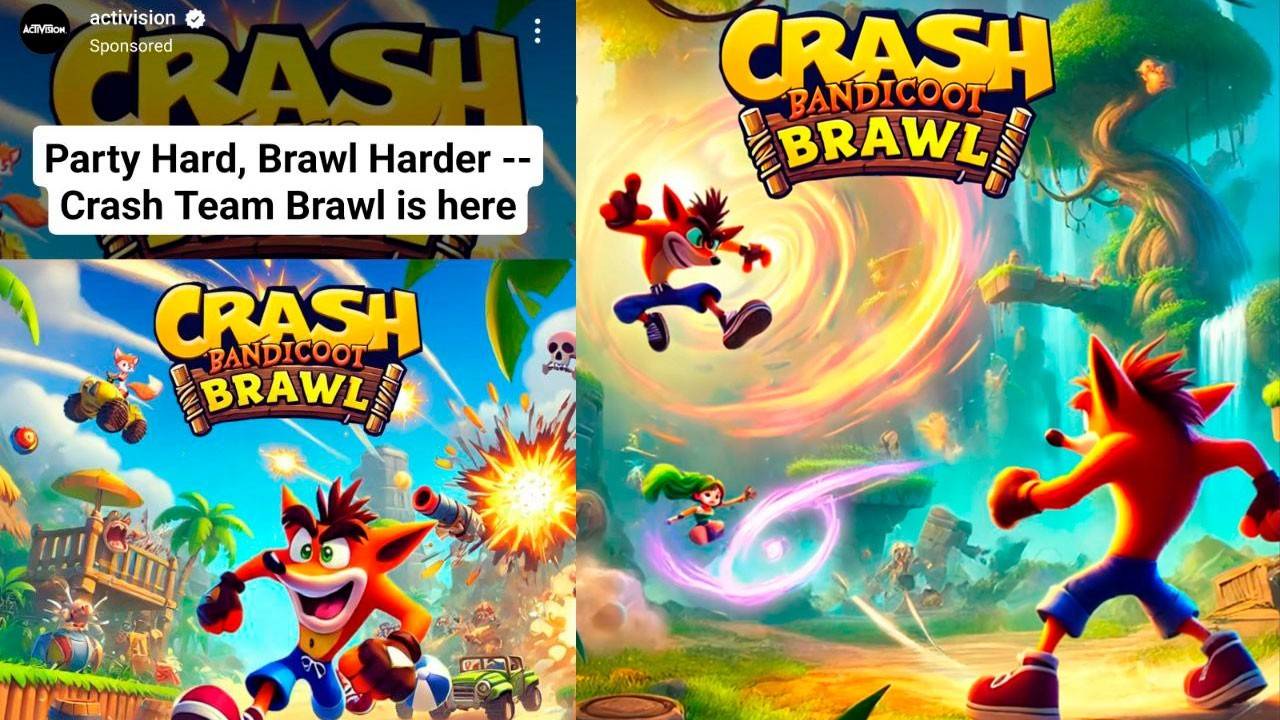 Image: apple.com
Image: apple.com
The gaming community's response was predominantly negative. Players expressed frustration over Activision's decision to employ generative AI rather than collaborate with professional artists and designers. Concerns were raised that this could lead to games becoming "AI garbage," with some drawing comparisons to Electronic Arts, notorious for its contentious moves in the gaming world.
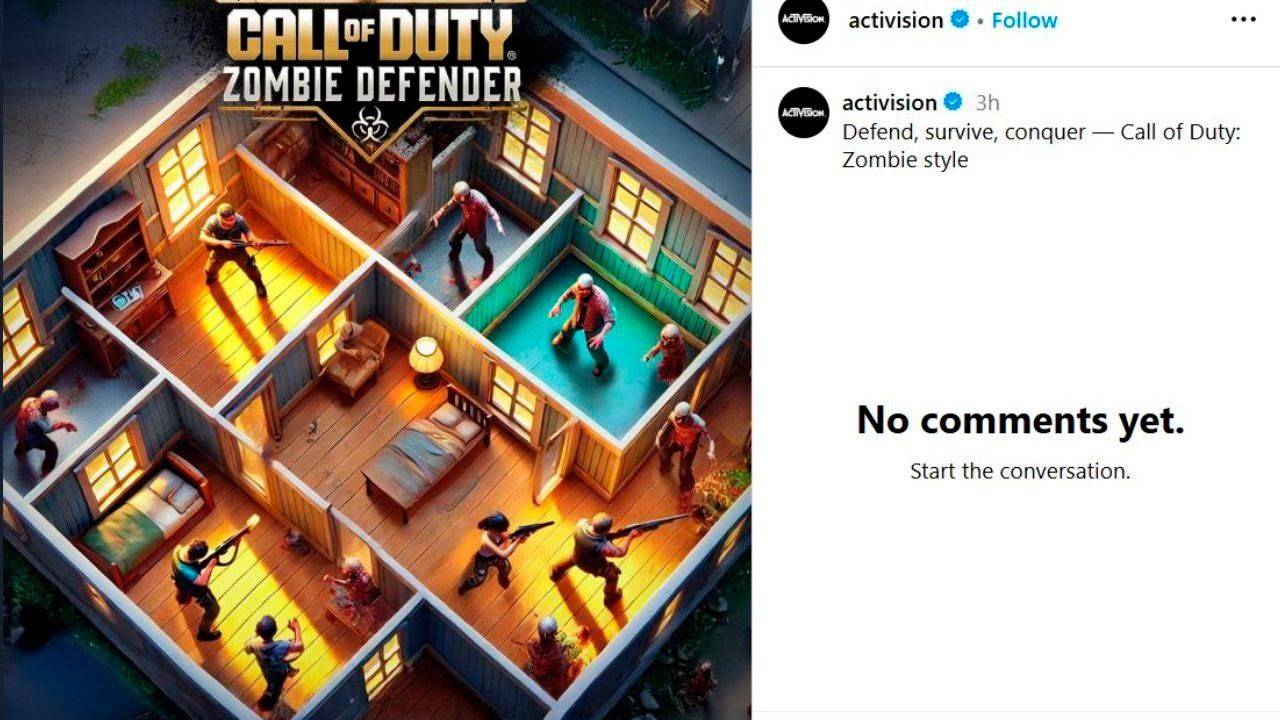 Image: apple.com
Image: apple.com
The integration of AI in both development and marketing has become a hot-button issue for Activision. The company has already disclosed that neural networks are being employed in the creation of content for Call of Duty: Black Ops 6.
In response to the backlash, some promotional posts were taken down. It remains uncertain whether Activision genuinely intends to launch these games or is merely gauging public reaction with these provocative materials.
 Home
Home  Navigation
Navigation






 Latest Articles
Latest Articles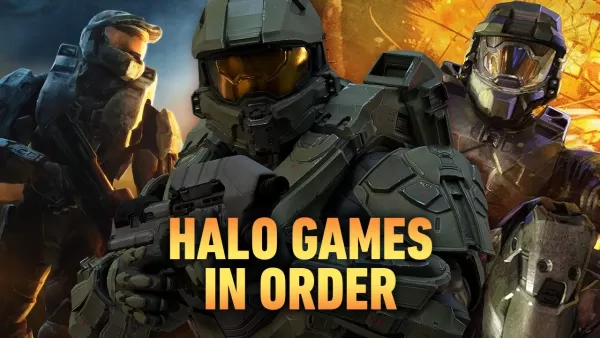

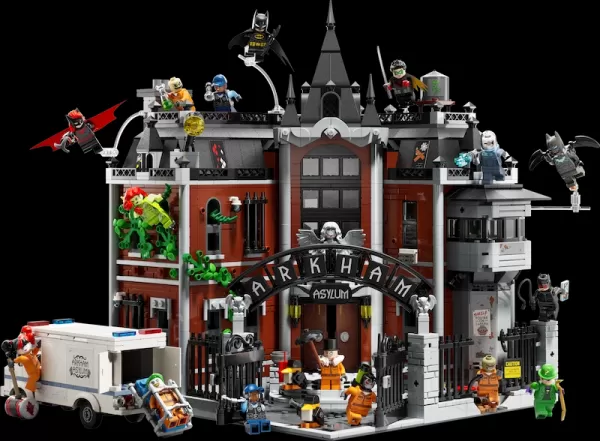


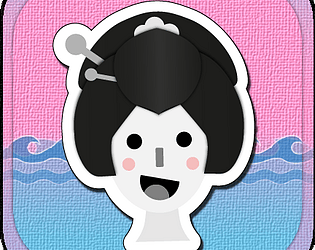


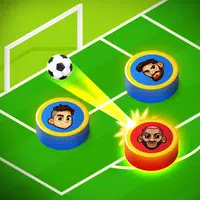
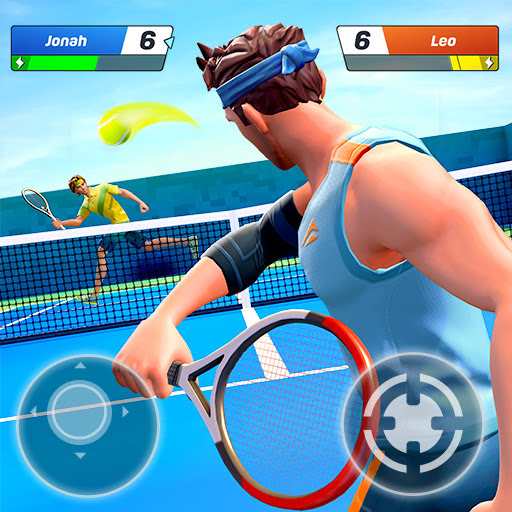

 Latest Games
Latest Games

